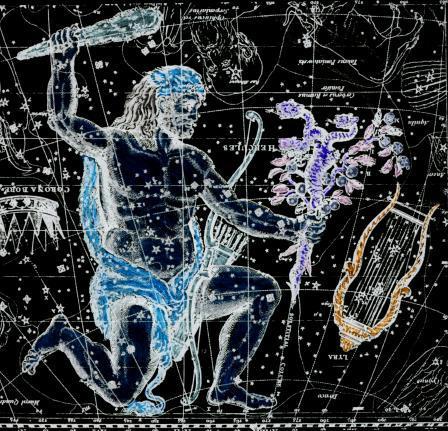And when we say also that the Word, who is the first-birth of God, was produced without sexual union, and that He, Jesus Christ, our Teacher, was crucified and died, and rose again, and ascended into heaven, we propound nothing different from what you believe regarding those whom you esteem sons of Jupiter. For you know how many sons your esteemed writers ascribed to Jupiter: Mercury, the interpreting word and teacher of all; Æsculapius, who, though he was a great physician, was struck by a thunderbolt, and so ascended to heaven; and Bacchus too, after he had been torn limb from limb; and Hercules, when he had committed himself to the flames to escape his toils; and the sons of Leda, and Dioscuri; and Perseus, son of Danae; and Bellerophon, who, though sprung from mortals, rose to heaven on the horse Pegasus. For what shall I say of Ariadne, and those who, like her, have been declared to be set among the stars? And what of the emperors who die among yourselves, whom you deem worthy of deification, and in whose behalf you produce some one who swears he has seen the burning Cæsar rise to heaven from the funeral pyre? And what kind of deeds are recorded of each of these reputed sons of Jupiter, it is needless to tell to those who already know.
Justin Martyr
The First Apology, Chapter XXI
For the purpose of maximizing Interfaith Dialogue we will henceforth stand firmly on the Theosophic and Theurgic aspects of our Olympian spirituality. These emerged publicly during the Hellenistic Age (Alexander through Cleopatra and into the Roman Era) in the melting-pot of the Mediterranean and have integrated aspects of many religions and spiritualities, including the three major Abrahamic traditions, over the millennia.
Olympian Community
Intrafaith/Interfaith
